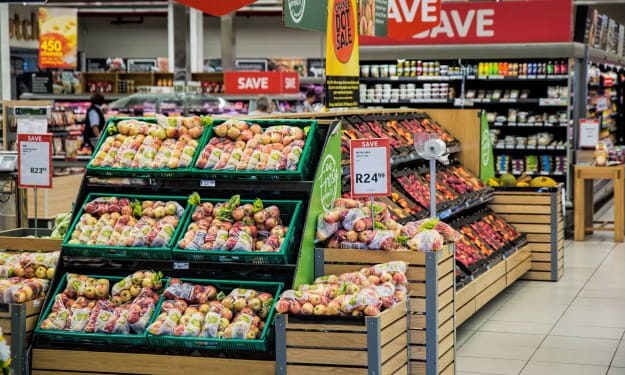The Amazon rainforest
wildfires in the Amazon rainforest burned at an unprecedented rate

The Amazon rainforest is often referred to as the lungs of the planet, producing 20% of the world's oxygen and absorbing a significant amount of carbon dioxide. However, in recent years, the Amazon has been experiencing devastating fires that threaten to destroy this vital ecosystem. In 2019, the world was shocked as the Amazon rainforest was engulfed in flames, with images of burning trees and smoke-filled skies circulating on social media. This disaster shed light on the need to address the underlying causes of deforestation and take action to protect this precious ecosystem.
The Amazon rainforest covers approximately 5.5 million square kilometers across South America, including Brazil, Peru, Colombia, and several other countries. The forest is home to an estimated 390 billion trees, over 2.5 million species of insects, and countless animals and plants. The Amazon also plays a critical role in regulating the planet's climate, as the forest absorbs large amounts of carbon dioxide from the atmosphere, helping to mitigate the effects of climate change.
However, the Amazon rainforest has been facing increasing threats in recent decades, as a result of deforestation, agriculture, mining, and logging. The main driver of deforestation is agriculture, particularly cattle ranching and soybean farming. As demand for these products increases, more and more land is cleared to make way for farming and grazing, leading to the destruction of vast areas of forest.
The 2019 fires in the Amazon were particularly devastating, with over 906,000 hectares of forest destroyed in just a few weeks. The fires were largely caused by human activities, including land clearing for agriculture, logging, and mining. Many of these activities are illegal, and the lack of enforcement and regulation has allowed them to continue unchecked.
The fires had far-reaching impacts, both locally and globally. The immediate impact was on the local communities, as the fires destroyed their homes, farms, and livelihoods. The smoke from the fires also had a significant impact on air quality, with many cities in the region reporting dangerous levels of pollution. The fires also released huge amounts of carbon dioxide into the atmosphere, contributing to global warming and climate change.
The 2019 fires sparked international outrage and prompted calls for action to protect the Amazon rainforest. Governments, NGOs, and individuals around the world pledged to support efforts to combat deforestation and protect the Amazon. In Brazil, President Jair Bolsonaro faced criticism for his handling of the crisis, as he had previously been accused of prioritizing economic interests over environmental protection.
Despite the attention that the 2019 fires brought to the issue of deforestation in the Amazon, the problem is far from solved. Deforestation continues to be a major threat to the rainforest, with the rate of deforestation increasing in recent years. The lack of effective regulation and enforcement, combined with economic pressures and political corruption, makes it difficult to address the underlying causes of deforestation.
However, there are some promising developments that offer hope for the future of the Amazon rainforest. The Brazilian government has pledged to increase funding for environmental protection and crack down on illegal activities in the Amazon. NGOs and local communities are also playing a critical role in protecting the forest, through initiatives such as community-led conservation and sustainable agriculture practices.
In conclusion, the Amazon rainforest fires of 2019 were a stark reminder of the urgent need to protect this vital ecosystem. The fires were a result of human activities, driven by economic interests and a lack of effective regulation and enforcement. While there have been some promising developments in recent years, much more needs to be done to address the underlying causes of deforestation and protect the Amazon rainforest. As individuals and as a global community, we have a responsibility to take action to protect this precious ecosystem, for the sake of our planet and future generations
About the Creator
BILL KISHORE
Storyteller, dreamer, and adventurer.






Comments
There are no comments for this story
Be the first to respond and start the conversation.